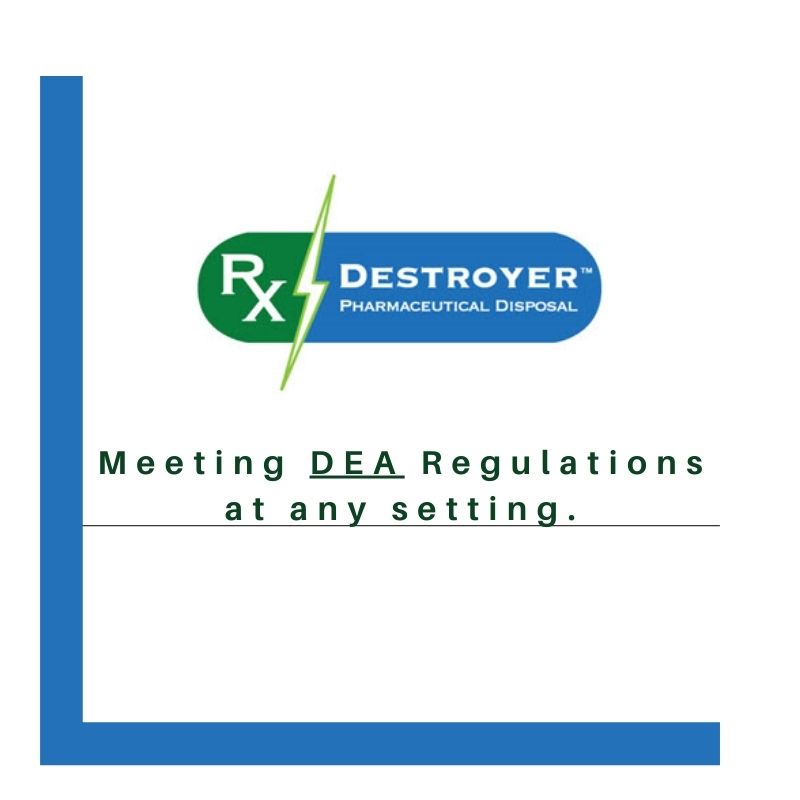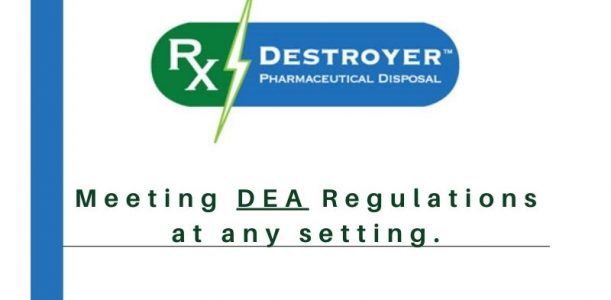Administering medication in any clinical setting comes with several challenges and risks such as opportunities for error, drug diversion and cost constraints. Managing medication in a jail or prison is even more challenging for nurses and medical staff. Medication management in correctional facilities requires daily administration of drugs to thousands of incarcerated individuals.
Managing pharmaceuticals in prisons poses challenges to the safety of correctional nurses and healthcare personnel including preventing drug diversion which can be rampant in the prison black market. Additional challenges exist to control costs with the total spending on pharmaceuticals, prescription management and medication waste disposal in correctional facilities.
Pharmaceuticals Directly Impact the Quality of Care to Incarcerated Adults
According to a report compiled by The Pew Charitable Trusts, 49 states spent $8.1 billion providing health care to over 1 million incarcerated men and women in 2015 alone. The Supreme Court ruled in 1976 that prisoners have a constitutional right to “reasonably adequate” medical care. Pharmaceuticals have a significant impact on the quality of care incarcerated adults receive from the states as well as the cost to taxpayers.
The same research found that 21 Departments of Correction (DOC) listed the cost of pharmaceuticals as one of the primary health cost drivers for their facility. Additionally, incarcerated adults entering the prison system have a higher than average occurrence of infectious disease, substance abuse disorder, asthma, hypertension, arthritis, and mental illness. An increase in the severity of disease for all men and women entering the prison system and an aging population continue to increase the costs of managing medications in correctional facilities.
Challenges in Rising Pharmaceutical Costs for Inmates
Correctional facilities face similar challenges of healthcare clinics and hospitals across the country in administering, managing, storing, and disposing of pharmaceuticals. The biggest difference, however, is that unlike the two largest health insurers which are publicly supported, Medicare for individual 65 years of age and older and Medicaid for low income people, much less is known about how the prison system purchases pharmaceuticals, the policies that they adopt to govern their use and what they spend for them.
Some vendors provide healthcare to prison systems with the cost of pharmaceuticals included in an overall “per inmate per month” total, some systems do not separate the cost of pharmaceuticals in their accounting system. Of those state prisons that could report the total cost of pharmaceuticals, between 15% to 32% of their total health budget was spent on drugs in 2015. Some DOCs partner with eligible healthcare providers and hospitals to obtain high-priced medications through federal drug purchasing programs, although DOCs are not eligible for the federal Medicaid drug rebate program, which allows pharmaceutical manufacturers to participate in a rebate program to receive Medicaid coverage of their drugs.
Cost-Effective Drug Disposal in Correctional Facilities
In addition to the concern for rising pharmaceutical costs, drug diversion and safety, correctional facilities need to follow federal regulations for drug disposal. The Drug Enforcement Administration (DEA), a division of the Department of Justice (DOJ), issued a ruling in 2014 which supplements the Controlled Substance Act and details the rules for disposing of pharmaceutical waste. No longer can jails or prisons flush expired medications down the drain, with special rules applying to controlled substances.
C2R Global Manufacturing offers a cost-effective solution to correctional facilities for pharmaceutical waste disposal. Our patented* solution in Rx Destroyer™ helps jails and prisons stay compliant to DEA regulations with a quick, safe, and cost-effective drug disposal system. The charcoal based formula begins to instantly neutralize medications on contact, meeting DEA regulations to render medications non-retrievable. Rx Destroyer™ products are available in a variety of sizes, for all-purpose and liquid medications and help to prevent drug diversion in any setting including correctional facilities.
C2R Global helps DOCs to understand the federal regulations affecting their pharmaceutical waste management and disposal programs and offers DEA compliant drug disposal products. RX Destroyer™ does not require the addition of water or batteries and never requires contracts. Contact us to learn more about safe, effective, and cost-efficient drug disposal products for correctional facilities.


